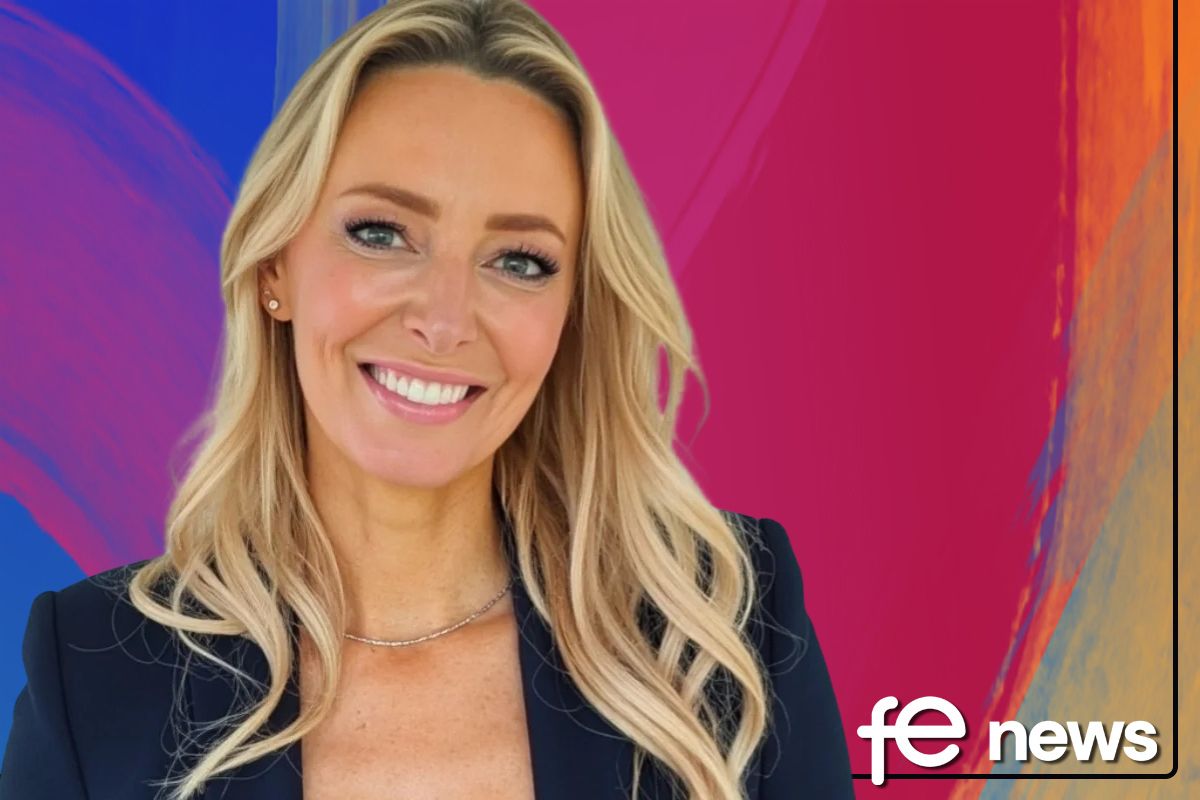Logically and the University of Sheffield announce research partnership

Logically (@LogicallyAI) and the University of Sheffield (@sheffielduni) announce research partnership to develop AI tools to combat misleading online videos and images
Logically, a Yorkshire-based technology company using advanced AI to tackle harmful misinformation, and the University of Sheffield, a world top 100 university, announce their collaboration in a Knowledge Transfer Partnership (KTP) in the field of artificial intelligence.
Misleading online multimedia posts, including deep fake and propaganda videos, political memes and edited photos, threaten the integrity of information and can be a powerful influence on public opinion. Despite the increasing number of people consuming information through videos and images online, tackling multimedia misinformation remains an understudied field.
The two-year partnership, funded by UKRI (through Innovate UK), and Logically, will connect the world-class research and academic expertise at the University of Sheffield with Logically’s industry-leading technological capabilities in order to develop intelligence tools to better detect and combat deceptive or misleading online multimedia content.
KTP is a government-backed programme that links innovation-focused businesses with academic expertise, allowing UK businesses to bring in new skills and the latest academic thinking to deliver a specific, strategic innovation project.
Dr Anil Bandhakavi, Logically’s Head of Data Science, said:
“We look forward to collaborating with the University of Sheffield, which hosts excellent expertise in AI and machine learning. In such a fast-changing landscape where information being shared online is increasingly taking new and harmful forms, constant innovation and knowledge-sharing is vital. We look forward to working with the University to advance our work to address misleading online content, and leveraging this project’s technological outputs to further develop our tools and products in this field.”
Dr Charith Abhayaratne, lecturer in the Department of Electronic and Electrical Engineering at the University of Sheffield and lead academic for the KTP, said:
“The partnership is an exciting opportunity for us to share our knowledge on visual content security and machine learning, and support the development of commercial solutions for combating misinformation in online visual content. There is a growing need for efficient and robust commercial products for the detection and localisation of manipulated images and video, and we look forward to collaborating with Logically to develop innovative solutions that can bring wider societal benefits.”
Dr Trevor Gregory, the Knowledge Transfer Adviser supporting the project, said:
“The issue of the use of fake news and misinformation as a means of influencing opinion is a global problem, and one that can have huge societal and economic consequences. This KTP project will develop and deploy tools using AI methods and enhanced video tracking capabilities to counteract this growing influence.”











Responses